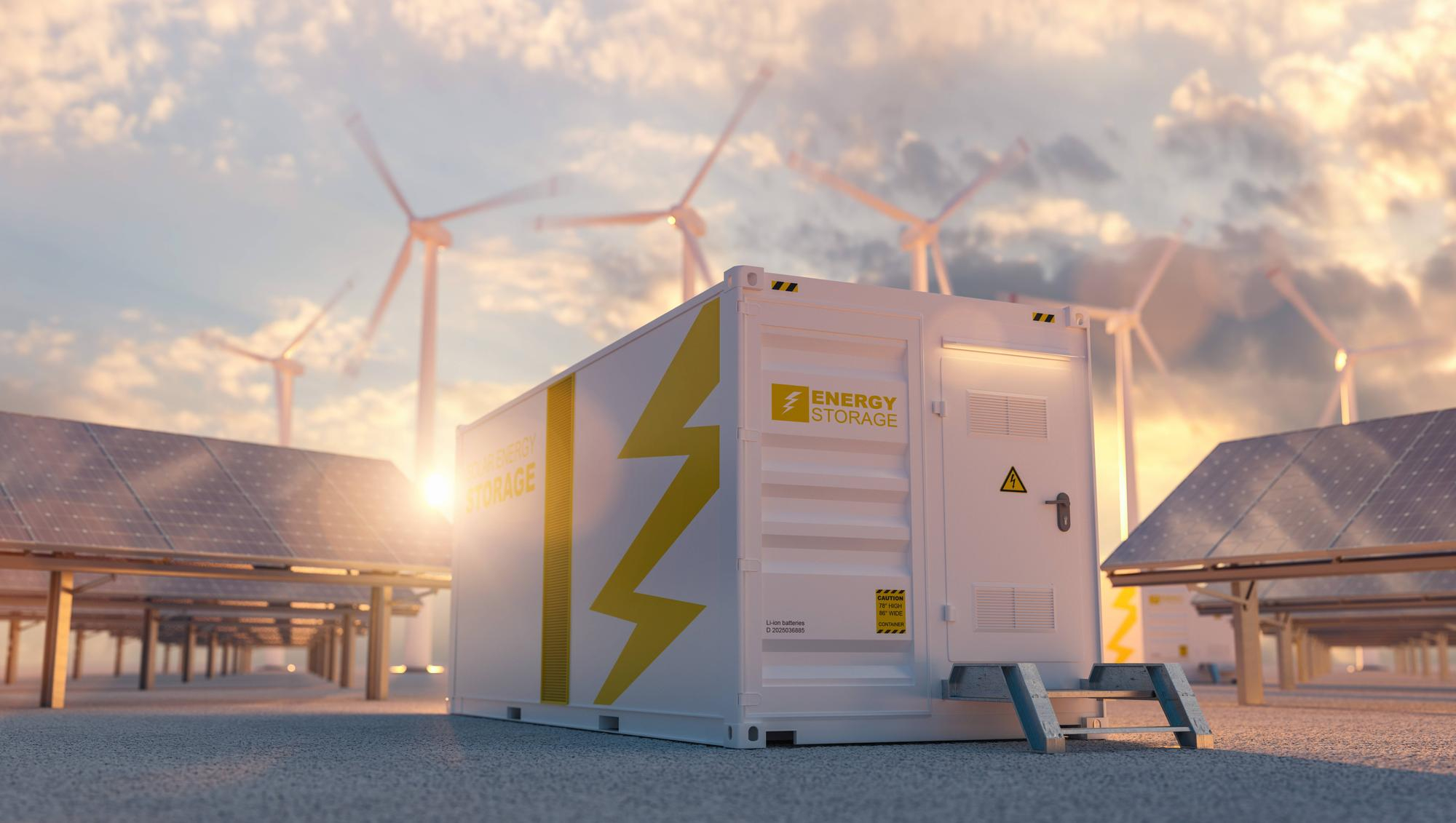NLC India Negotiating with Andaman Administration to Establish a 20 MWh Battery Storage System 2023

NLC India Negotiating with Andaman Administration to Establish a 20 MWh Battery Storage System 2023
Diesel generates 95% of the electricity in the Andaman and Nicobar Islands, with hydropower making up the remaining 5%.
A 20-megawatt-hour battery storage facility is being discussed by NLC India, formerly Neyveli Lignite Corp, with the Andaman and Nicobar authorities to lessen the union territory’s reliance on extremely polluting diesel generators.
“South Andaman has a 20 MW solar plant and an 8 MWh storage facility. Andaman has contacted us to guarantee grid stability by installing more battery capacity, according to Prasanna Kumar Motupalli, CMD of NLC India.
He continued that The NLC is the first public organization to install a grid-scale battery storage system.

The commissioning of the Port Blair solar PV-cum-storage project in June 2020 will partially alleviate issues with diesel generator (DG) sets, according to the CMD.
A roughly Rs 250 crore CAPEX would be required for the extra 20 MWh battery energy storage system.
There is no standard power grid due to physical restrictions, particularly extensive sea distances separating locations; as a result, power plants powered by diesel serve various regions.
Diesel generates 95% of the electricity in the Andaman and Nicobar Islands, with hydropower making up the remaining 5%.
The corporation has massive intentions for renewable energy (RE). They want to install 6,000 MW of renewable energy-producing capacity by 2030, spending Rs 24,000 crore. All renewable assets will be transferred to NLC India Renewables Ltd (NIRL), a 100% subsidiary explicitly created for this purpose.

At the Khavda solar park in Gujarat, NLC India is building a 300 MW capacity with an additional 300 MW available as a green-shoe option. It is taking part in an 810 MW solar farm in Rajasthan. In Uttar Pradesh, it intends to construct greater capacity. The UP government and NLC India are negotiating a site to install about 800-MW of solar power.
In a progressive move towards energy sustainability, NLC India Limited, a leading public sector enterprise under the Ministry of Coal, Government of India, has entered into discussions with the Andaman and Nicobar administrations. The dialogue revolves around setting up a 20 MWh battery energy storage system (BESS) in the region to fortify the island’s power infrastructure and contribute towards environmental conservation.
NLC India’s decision to diversify its energy portfolio aligns with India’s broader initiative to transition towards renewable energy sources and curtail carbon emissions. Despite their ecological significance, the Andaman and Nicobar Islands face significant challenges in their energy sector due to geographical isolation. The proposed BESS project is poised to address these challenges while simultaneously making strides towards green energy.
NLC India’s pursuit of energy storage systems aligns with the ongoing global trend of clean and sustainable energy transition. Once functional, the 20 MWh BESS system will be one of India’s most significant energy storage projects, bolstering the nation’s green energy objectives.

The BESS is a technology that stores energy for later use, akin to a rechargeable battery. This project aims to maintain a stable power supply from renewable energy sources, such as solar and wind power, by overcoming the issue of their natural intermittency.
The Andaman and Nicobar Islands face unique energy challenges due to their geographical isolation from mainland India. Currently, the island heavily relies on diesel-powered generators for its electricity needs, which are expensive and environmentally unfriendly.
The proposed BESS could replace these generators, reducing the Islands’ carbon footprint while ensuring a constant and reliable power supply. Furthermore, the BESS could assist in grid stabilization, a critical concern in isolated power systems like those in the Andaman and Nicobar Islands.
Technologically, successfully implementing the 20 MWh BESS project would represent a significant milestone for India’s energy storage sector. The practical application of BESS on a large scale could provide insights for similar projects in other regions within India and abroad.
In addition, the project might catalyze further advancements in energy storage technology due to the demanding conditions in the Andaman and Nicobar Islands, potentially driving innovation in the sector.

The proposed BESS project aligns with India’s National Electricity Plan, which targets 175 GW of renewable energy capacity by 2022, including 60 GW from wind power and 100 GW from solar power. A successful execution could propel NLC India and the country closer to these targets.
The ongoing negotiations between NLC India and the Andaman administration reflect a shift in India’s energy paradigm, with greater emphasis on sustainable, renewable sources. This collaboration could play a pivotal role in shaping the future of India’s energy infrastructure.
However, the execution of the proposed project is contingent on several factors, including financial feasibility, regulatory approvals, and technical challenges. Only time will tell whether NLC India’s ambitious plans materialize into a viable solution for the Andaman and Nicobar Islands’ energy needs. Nevertheless, the move demonstrates the nation’s increasing commitment towards green energy and sustainable development.






